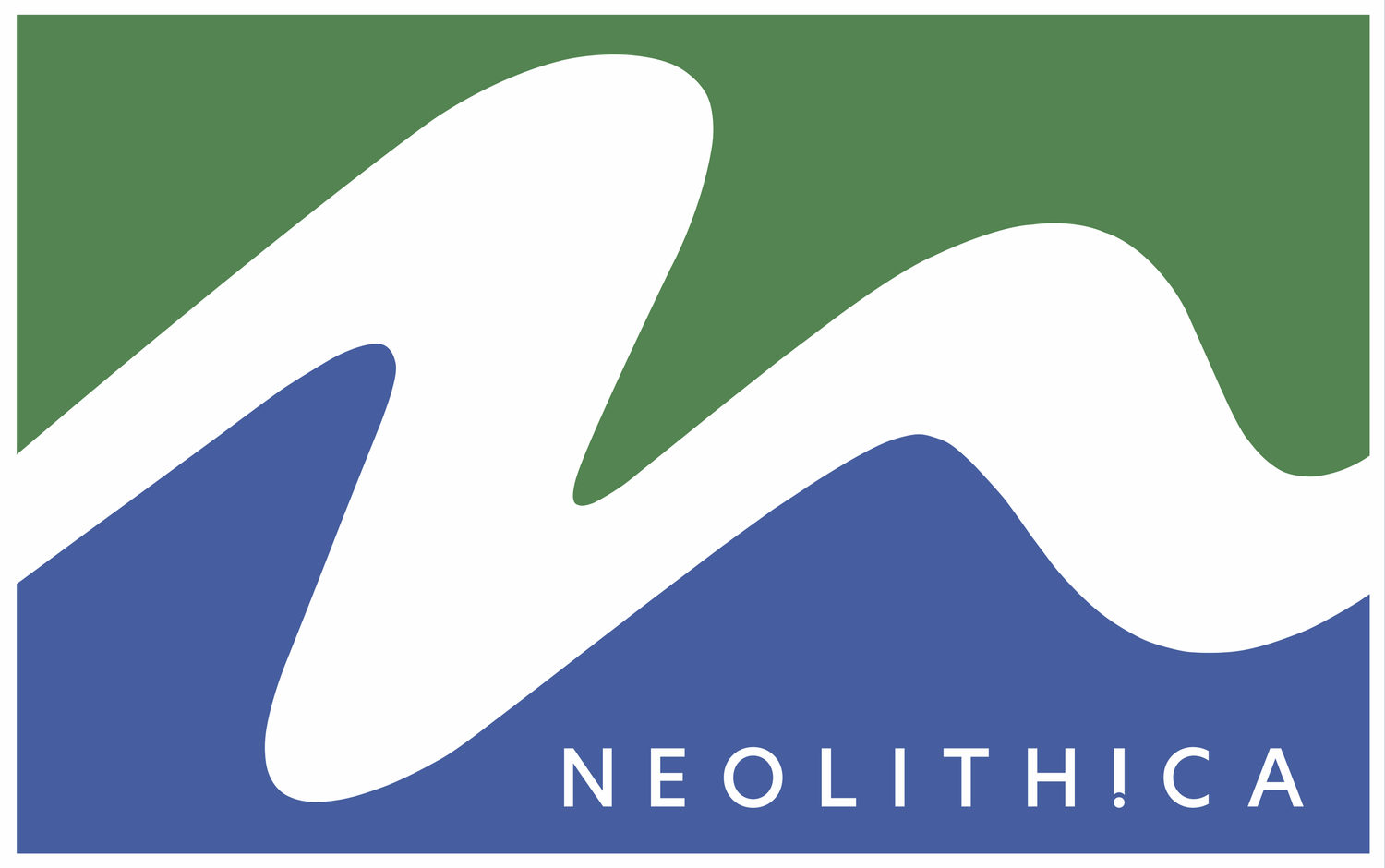
NeoLithica is committed to the sustainable production of lithium across it project areas.
With global demand for forecast to grow by 10 times this decade, the ethical production of lithium in Alberta will be a major differentiator.
As global lithium production scales up to meet growing demand, increased investor focus on environmental, social, and governance (ESG) standards adds a layer of complexity to the importance of finding more sustainable and ethically produced sources of critical minerals like lithium.
Unlike South America where lithium is produced through the use of open air evaporation ponds or salars, or mined in open pit hard rock operations in Australia, producing lithium in western Canada will use a direct-extraction process to strip lithium from geothermal brine after it is pumped to surface, and before the brine is pumped back down into the reservoir.
But the traditional producers of lithium from hard rock deposits and by solar evaporation are facing significant pushback from the public and governments due to their significant environmental impact as illustrated below.
Advantages of DLE in Alberta over traditional lithium sources
Today’s traditional lithium projects are under the spotlight for exploiting groundwater resources, producing carbon emissions, and causing other environmental harm.
Relative Land Use Footprint of
Alberta DLE Production vs Traditional Producers
Hard rock mining projects such as those in Australia and the South American open pond evaporation processes for producing lithium, are contributing to the increasing debate as to whether the upstream environmental and social costs of extracting lithium are worth its downstream benefits.
Due to the ubiquitous existing oil and gas infrastructure, the detailed knowledge of the subsurface reservoir geology, the advancements in lithium direct-extraction technology, and the relatively small environmental footprint needed to produce lithium, Alberta’s producers are poised to become leading sustainable suppliers of this critically important element.
The process of extracting lithium from western Canadian oil field brines can be completed in a much smaller time frame – hours – instead of the roughly 18 months required for production from open air salars. And direct lithium extraction production is not affected by the changing climate, that impact evaporation ponds.
Also importantly, the environmental footprint for lithium extraction using DLE on oilfield brines is relatively small, in contrast to the open pit hardrock mines and the huge expanses of land needed for evaporation ponds.



